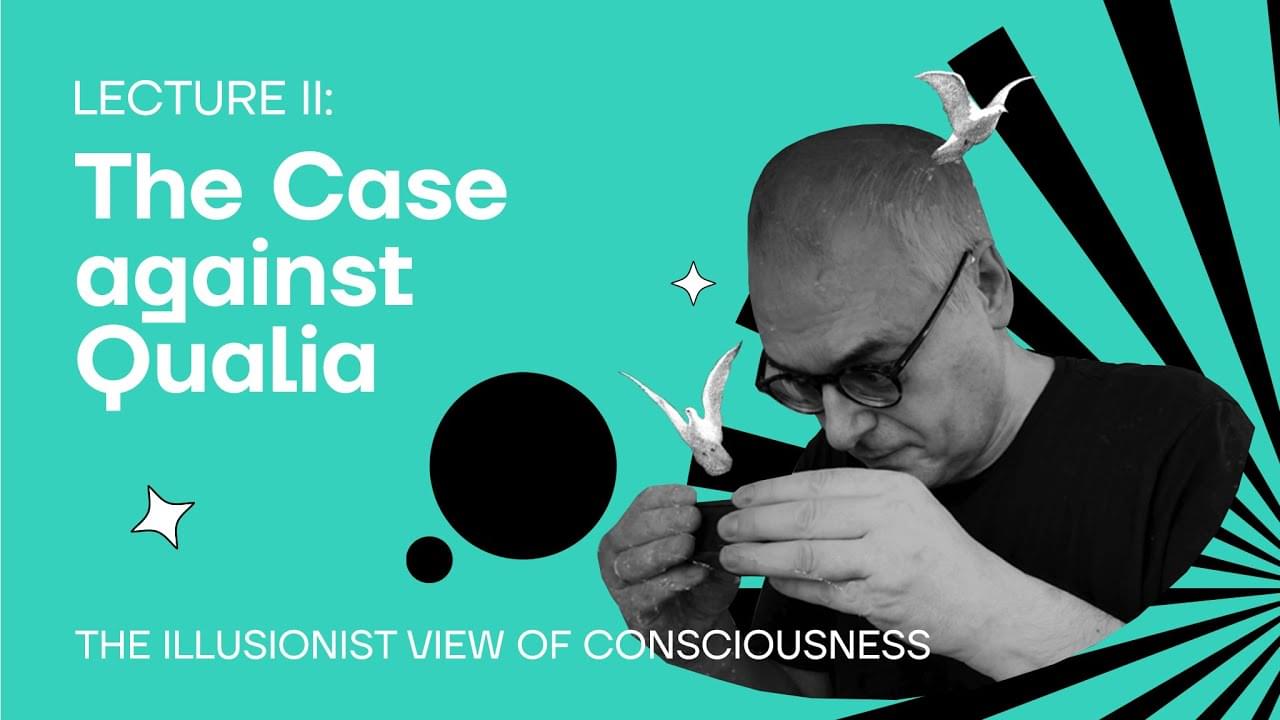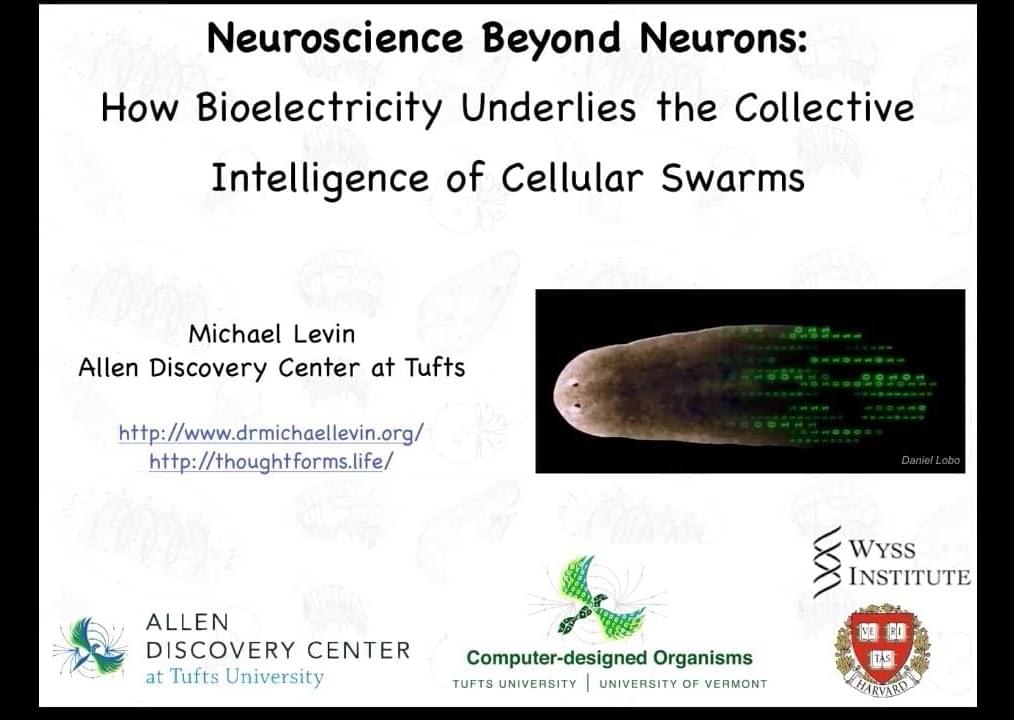Exploring some reasons for rejecting the realist view of phenomenal consciousness. The course is organized by the Moscow Center for Consciousness Studies / ht…

Exploring some reasons for rejecting the realist view of phenomenal consciousness. The course is organized by the Moscow Center for Consciousness Studies / ht…
Summary: A new study identified the right inferior frontal gyrus (rIFG) as a central regulator in the brain’s inhibitory control circuit.
Using dynamic causal modeling and fMRI on a sample of 250 participants, the study reveals that the rIFG significantly influences the caudate nucleus and thalamus during response inhibition tasks. This research also shows gender differences in brain function: women have distinct neural patterns in the thalamus, and overall, better inhibitory control correlates with stronger neural communication from the thalamus to the rIFG.
These findings provide valuable insights for developing neuromodulation therapies for mental and neurological disorders with inhibitory control deficits.
In today’s column, I am continuing my ongoing series that has closely been exploring the use of generative AI as a generalized interactive chatbot that imparts mental health guidance.
But serious and sobering qualms exist. There isn’t a pre-check to validate that someone ought to be resorting to generic generative AI for such advisement. There isn’t any ironclad certification of the generative AI for use in this specific capacity. The guardrails of the generative AI might not be sufficient to avoid professing ill-advised guidance. So-called AI hallucinations can arise (as an aside, the parlance “AI hallucination” terminology is something that I demonstrably disfavor as a phraseology, for the reasons stated at the link here, but anyway generally connotes that generative AI can produce specious or fabricated answers). And so on.
All in all, you might declare that we are immersed in the Wild West of AI-based human mental health advisement, which is taking place surreptitiously yet in plain sight, and lacks the traditional kinds of checks and balances that society expects to protectively be instilled.

I describe the mechanisms by which different wavelengths of light impact the cells, tissues and organs of the human body, and how specifically timed light exposure of specific wavelengths can be used to improve sleep, enhance alertness, modulate hormone levels, and improve mood. I also explain the use of ultraviolet and infrared phototherapies to relieve pain increase testosterone and estrogen levels; improve skin health, appearance and wound healing; and how red light can be used to offset age-related vision loss and provide neuroprotection. Throughout the episode, I describe the mechanisms of light-based therapies and actionable tools that people can use positively impact mental and physical health.

Robin Dunbar is an anthropologist, evolutionary psychologist, head of the Social and Evolutionary Neuroscience Research Group at the University of Oxford and an author. Love is something that people have been trying to describe for thousands of years. Beyond asking what love is, is the question of why humans feel something so strange in the first place. Why would evolution have exposed us to this extreme sensation with huge potential for catastrophe and pain? Expect to learn how love is adaptive, why humans need to have more sex than almost all other animals to get pregnant, why ancestral men who hunted big animals were only doing it to get laid, how the length of your fingers can tell you how promiscuous you are, whether Robin thinks humans were ancestrally monogamous and much more…

Dr John Barry is a Chartered Psychologist and Professional Researcher, Co-Founder of The Centre for Male Psychology and a leading expert in male psychology including men’s mental health. Men and women both need help with their mental wellbeing, now more than ever. Yet there seems to be a particular blindness when it comes to men’s mental health and how to treat it, plus how to effectively communicate with men about their issues. Expect to learn why traditional masculinity is seen as problematic by the American Psychological Association, the most important factors that impact the wellbeing of a sample of over 4,000 men, the unique challenges that male psychology poses, how important it is for men to have a partner in life.

Dr Andrew Thomas is a senior lecturer of psychology at Swansea University whose research focuses on sex differences and relationship preferences from an evolutionary perspective. Evolution explains a large portion of why we like the things we like. Who we’re attracted to, why we fall into and out of love, how our mental state affects our mating strategies. Therefore, if you are a human who ever intends on being in a relationship, this might be useful. Expect to learn the 5 evolutionary theories which explain much of human mating, whether ChatGPT can correctly predict what traits men and women like most in each other, how many previous sexual partners people say they want their current partner to have had, how open men & women in the West are to polyamorous relationships, how sexual arousal can ruin a faithful relationship and much more… Sponsors: Get 20% discount & free shipping on your Lawnmower 4.0 at https://manscaped.com/modernwisdom (use code MODERNWISDOM) Get over 37% discount on all products site-wide from MyProtein at https://bit.ly/proteinwisdom (use code: MODERNWISDOM) Get 83% discount & 3 months free from Surfshark VPN at https://surfshark.deals/MODERNWISDOM (use code MODERNWISDOM) Extra Stuff: Follow Andrew on Twitter — https://twitter.com/DrThomasAG Get my free Reading List of 100 books to read before you die → https://chriswillx.com/books/ To support me on Patreon (thank you): https://www.patreon.com/modernwisdom #evolution #dating #psychology — 00:00 Intro 01:20 Evolutionary Mismatch 10:18 Evolving Towards Making Small Errors Instead of Big Ones 17:33 Are Men as Picky as Women? 21:55 Is Promiscuity Heritable? 27:32 Humans Engage in Multiple Types of Sexual Strategies 36:49 The Different Levels of Sexual Harassment 46:55 Is Sexlessness in Young Men Caused by Poor Social Skills? 52:56 Attitudes in the West to Having Multiple Sexual Partners 1:04:21 How Many Previous Sexual Partners is Too Much? 1:14:52 What ChatGPT Gets Wrong About Mate Preferences 1:34:31 Where to Find Dr Thomas — Get access to every episode 10 hours before YouTube by subscribing for free on Spotify — https://spoti.fi/2LSimPn or Apple Podcasts — https://apple.co/2MNqIgw Get my free Reading List of 100 life-changing books here — https://chriswillx.com/books/ — Get in touch in the comments below or head to… Instagram: https://www.instagram.com/chriswillx Twitter: https://www.twitter.com/chriswillx Email: https://chriswillx.com/contact/

The Most Powerful Neurotransmitter in the World Join Thrive Market Today to get 30% Off Your First Order AND a Free Gift Worth up to $60!

Ryan speaks with Arnold Schwarzenegger on how to be useful while we still have the time, the mental, physical and psychological benefits to nurturing the mind and body, keys moments during his bodybuilding career, running for governor and more… Arnold Schwarzenegger is an Austrian and American actor, businessman, filmmaker, former politician, and former professional bodybuilder best known for his roles in high-profile action movies. He served as the 38th governor of California from 2003 to 2011 and was among Time magazine’s 100 most influential people in the world in 2004 and 2007. Be Useful: Seven Tools For Life is written with Arnold Schwarzenegger’s uniquely earnest, blunt, powerful voice. It takes readers on an inspirational tour through his toolkit for a meaningful life. Arnold shows us how to put those tools to work, in service of whatever fulfilling future we can dream up for ourselves. He brings his insights to vivid life with compelling personal stories, life-changing successes and life-threatening failures alike—some of them famous, some told here for the first time.

This is a talk I gave to a neuroscience audience for the Harley Hotchkiss Memorial Lecture at the Canadian Centre for Behavioural Neuroscience at the Univers…